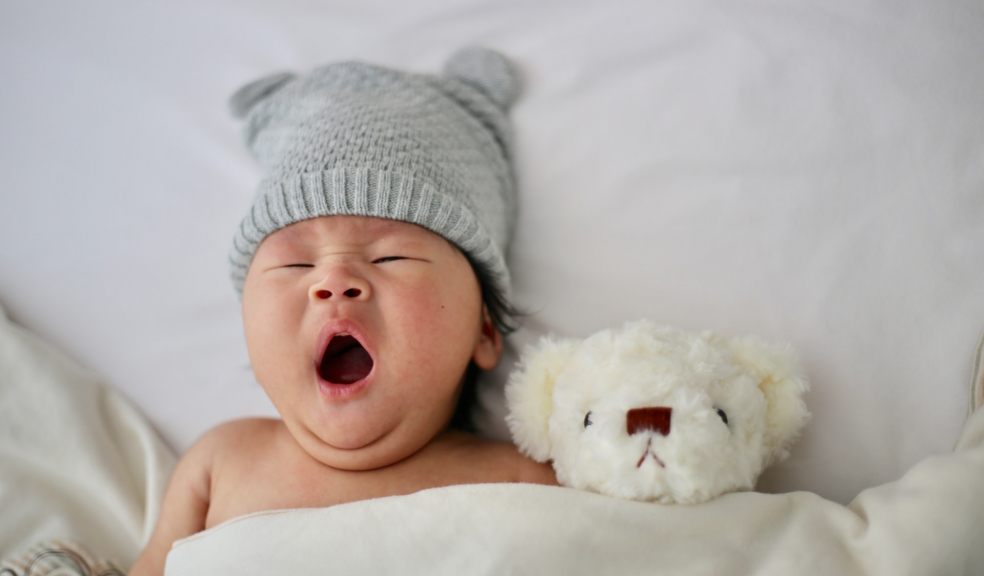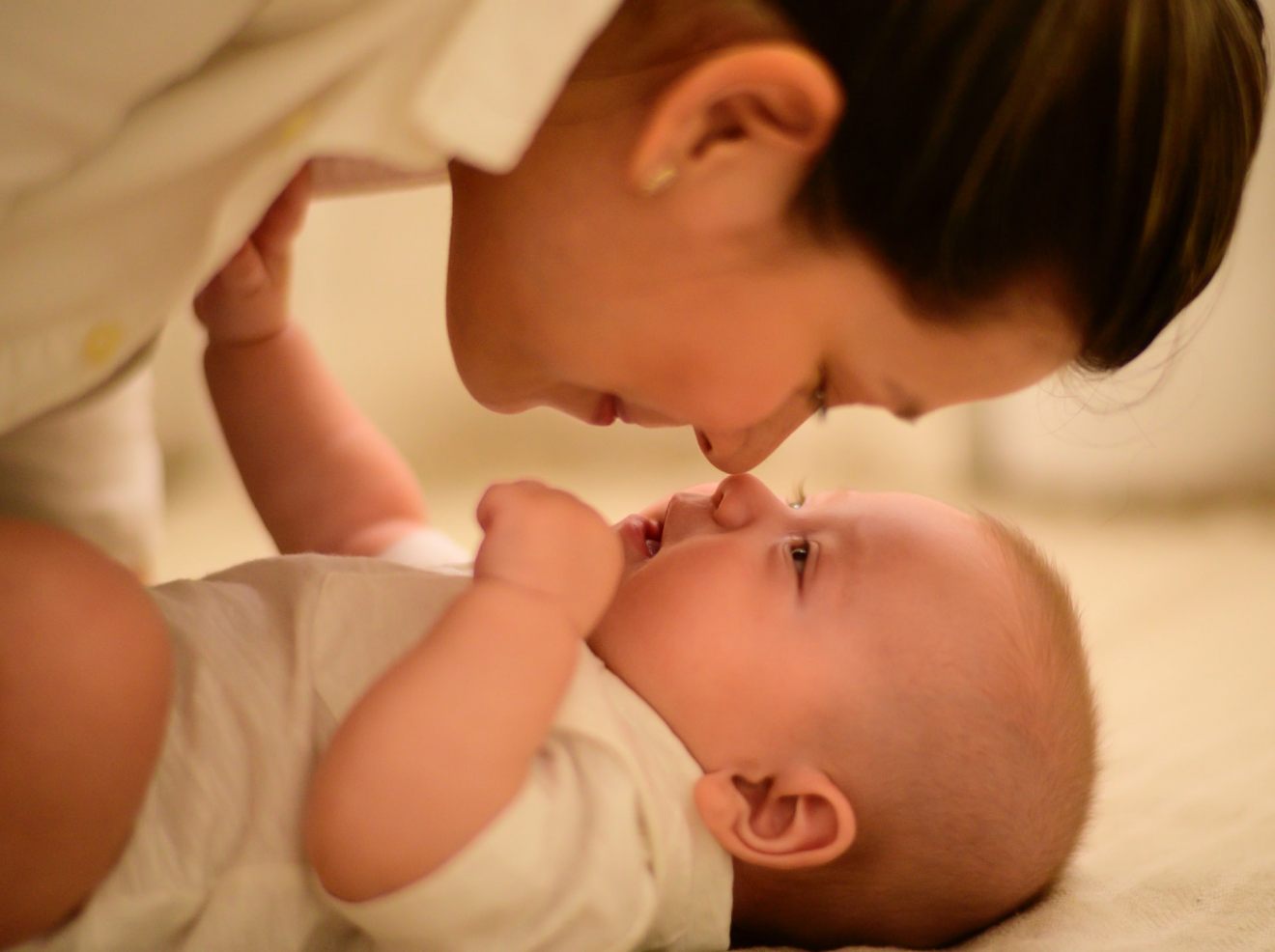
All You Need to Know About Your Baby's First Year
A lot of people endorse the fact that motherhood is hard, but they don’t talk enough about the priceless, beautiful moments that every mom witnesses throughout this journey. The changes that babies experience in their first year are the most fundamental in their lives. That is why every mother should know everything about her newborn from when they are delivered until their first birthday.
As a mom, you should know what to expect in every stage in your little one’s first year and how to deal with it properly. Whether you’re breastfeeding or feeding your baby formula, putting them to sleep, or enjoying some alone time while your angel face is napping, read on to understand more about your baby’s first year.
0-3 Months
If you’re a new mother, you’re probably not getting any sleep, and you’re too exhausted to do anything. We know how difficult this stage can be, but the good thing is that it is a temporary one, and it will come to an end soon enough. Newborns wake up every two hours to feed; some don’t even make it to two hours.
Your baby will constantly cry, so try to hold them tight and comfort them as much as you can. Those little angels don’t realize that they’re out of their mothers’ wombs until they reach their third month. Swaddling, white noise, and smooth rocking keep them comfortable and relaxed and help them sleep better. Make sure you open all the curtains in the morning and allow sunlight into every room to help them differentiate between day and night. In the evening, you should be as quiet as possible and keep the light at the lowest level to help them relax and fall asleep calmly.
Explore all you need to know about your baby's first year, including essential information for the 0-3 month period. Discover tips on a swaddle transition plan and when to stop swaddling, supported by expert advice and innovative solutions from Nested Bean.
3-6 Months
After 2-3 months of constant crying, you will finally get to see your baby’s smile in response to your voice or presence. At this stage, your little one’s sight will develop significantly, and they will be able to see things clearly, especially your eyes. Colors and sounds capture their attention; they also love seeing their reflection in the mirror.
They begin to combine and articulate vowels and use this as their language to communicate with you, so talk to your baby a lot. You may notice that your baby drools a lot; that can be a teething symptom, as the experts from KuteKeiki.com explain that most babies have their first tooth at 4-6 months. Your baby will want to put everything in their mouth and bite on it to ease their pain. At 3 months, most babies can sleep throughout the night; try to establish a sleeping routine to help your little pumpkin get the rest they need and allow yourself to lay down a bit and relax.
6-9 Months
The first half of your baby’s first year has already passed. Some people celebrate their babies’ half birthdays; they only decorate half of the cake. Your little baby will have fixed naps and feeds at this amazing stage, yet the most thrilling thing is that you get to introduce solid food. It is time to go shopping for the smallest spoons, sippy cups, and plates.
As soon as they begin eating, you will accordingly breastfeed less. You will see that your baby develops in every way; they will be able to sit supported by cushions until they’re entirely able to sit alone at nine months. You may see some new teeth appearing when your little one giggles. Your baby will find peek-a-boo, tickling, and silly faces the most exciting things, and they will laugh really hard when you do this.

9-12 Months
Are you ready to listen to your baby’s first words? They’re probably going to be “mama” and “dada” plus some cute babbling. At this age, babies develop a fear of strangers and become more clingy to their parents, which is an entirely expected stage in their development. They will be able to relate some words to hand gestures; they can clap and wave “bye-bye.” You will see your baby trying desperately to stand; they will keep practicing all day until they’re finally able to stand on their own. Some babies take their first steps at nine months, while others can do so at their 17th month.
It is wonderful how babies can remarkably change in a matter of twelve months. Their first year is the most significant year in their and your life. Try to take loads of pictures of your angel every month, and you will notice how small your baby was and how all grown up and big they have become on their first birthday. Make sure you check the above points to prepare yourself for every stage in your baby’s first year.














